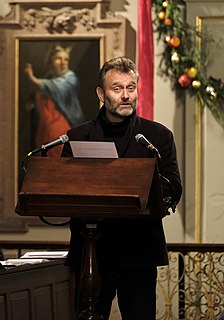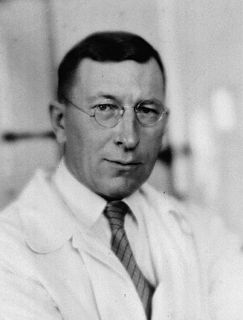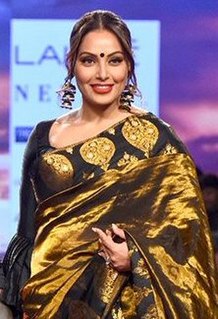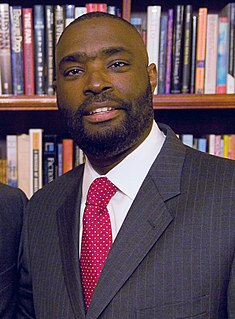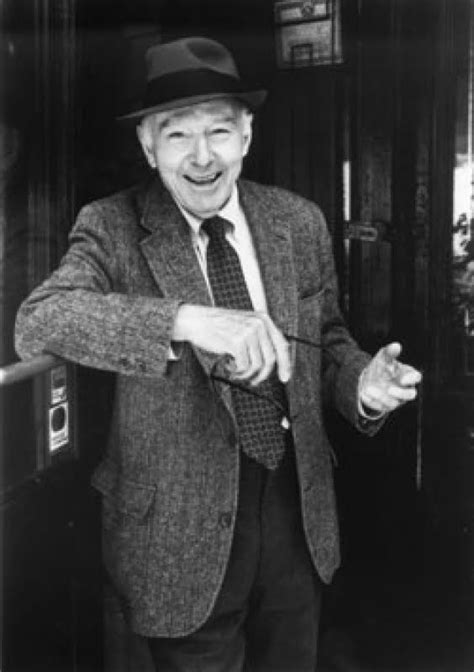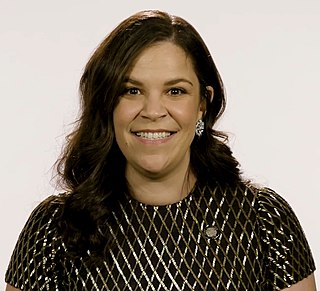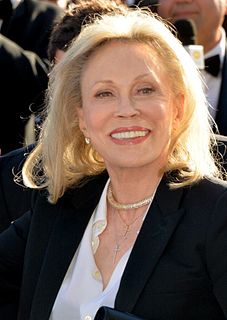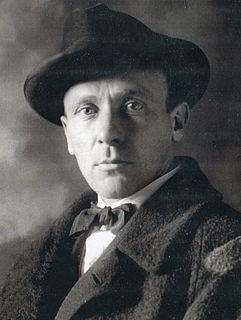A Quote by Karrueche Tran
I've had scenes where I had to cry, and by the time I've cried for the 20th time, I'm exhausted.
Related Quotes
The first time we did cavalry charge I was so breathless with excitement I nearly fell off the horse. I actually saw stars in front of my eyes and thought I was going to faint. The second time I had a bit more control but was still giddy with excitement. And the third time I was an emotional wreck. I had to really try hard not to cry.
Who will cry for the little boy, lost and all alone?
Who will cry for the little boy, abandoned without his own?
Who will cry for the little boy? He cried himself to sleep.
Who will cry for the little boy? He never had for keeps.
Who will cry for the little boy? He walked the burning sand.
Who will cry for the little boy? The boy inside the man.
Who will cry for the little boy? Who knows well hurt and pain.
Who will cry for the little boy? He died and died again.
Who will cry for the little boy? A good boy he tried to be.
Who will cry for the little boy, who cries inside of me?
There was a study done in the early 20th century of all the entrepreneurs who entered the automobile industry around the same time as Henry Ford; there were something like 500 automotive companies that got funded, had the internal combustion engine, had the technology, and had the vision. Sixty percent of them folded within a couple of years.

